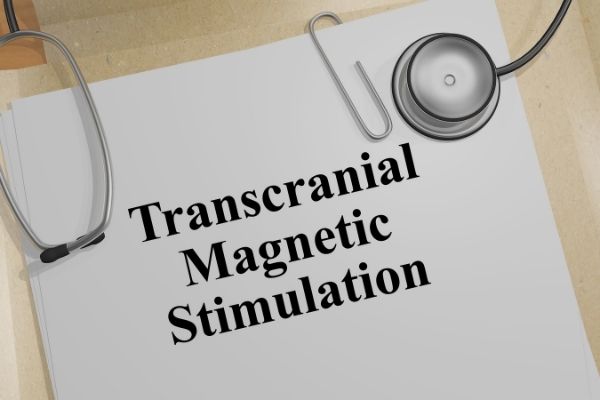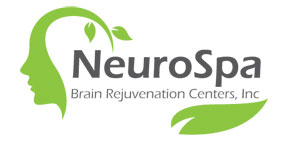
Tinnitus is a condition that has affected many people at one time or another. Often described as a ringing, buzzing, roaring, or similar sound, tinnitus noise has no source and isn’t audible to the people around you (though a doctor might be able to hear it with the proper equipment). Most tinnitus is brief, fleeting, and goes away quickly. But in the case of chronic tinnitus, the noise can become irritatingly distracting. It can also be a symptom of larger issues, such as the form of hearing loss that comes with aging, ear injuries, or circulatory issues. Treatments for many kinds of tinnitus can be as easy as removing built-up earwax, using a hearing aid or noise-canceling headphones, treating a blood vessel condition, or even checking your medication. But the question we’d like to address here is, can transcranial magnetic stimulation help with tinnitus?
TMS and Tinnitus
Though effectiveness does depend on the situation, transcranial magnetic stimulation (TMS) has been shown to improve symptoms in many patients with chronic tinnitus. It accomplishes this through the application of electromagnetic stimulation to the brain’s neural cortex. The device used in the treatment has a strong magnetic coil that sends electromagnetic pulses to the brain’s tissue. The procedure is painless and noninvasive, though some patients report a slight and short-lived prickly or buzzing sensation in the scalp after treatment. Research seems to indicate that TMS helps cut down on the severity of tinnitus, or at least the patient’s perception of it. Tests and research continue, but results have been particularly good thus far. Still, the results have been interesting, as not all patients react the same way.
Not Every Patient Is the Same
In assorted trials of TMS therapy for tinnitus, researchers have discovered that symptoms and physical attributes can influence outcomes. Interestingly, patients who experience the best results of TMS therapy for tinnitus are largely younger males. TMS also appears to work better for those who haven’t suffered hearing loss and who have had chronic tinnitus for a much briefer period. Patients who don’t experience issues with their sleep habits and patterns are also more likely to have their tinnitus alleviated through TMS. The number of applications and treatments and pulse intensity level have varied too, and more research needs to be done to find the “sweet spot” for treating each tinnitus patient.
Is TMS for You and Your Tinnitus?
Can transcranial magnetic stimulation help with tinnitus? It’s a qualified yes. Can it help with your case? Perhaps. TMS for tinnitus is still in the process of being explored and experimented with, and while results are promising, it’s not the first choice for tinnitus treatment. As mentioned above, there may be other, more immediately effective treatments and therapies available to you. Still, TMS therapy may be worth mentioning to your healthcare provider or neurologist.

